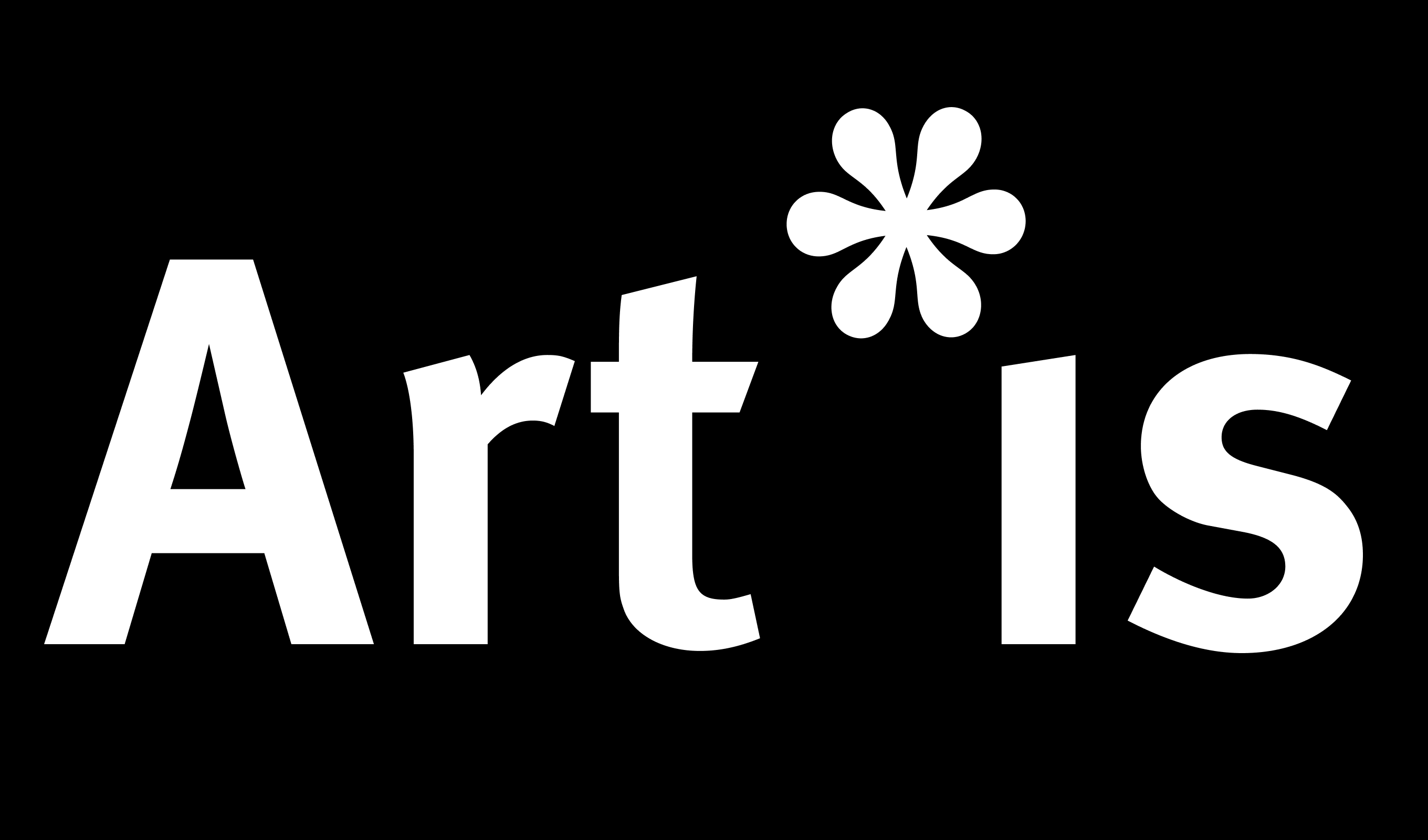written by Corinna Kühnapfel
ARTIS members participated as symposium moderators and presenters at the Visual Science of Art Conference (Amsterdam), which took place online from the 24st until the 27st of August 2022.
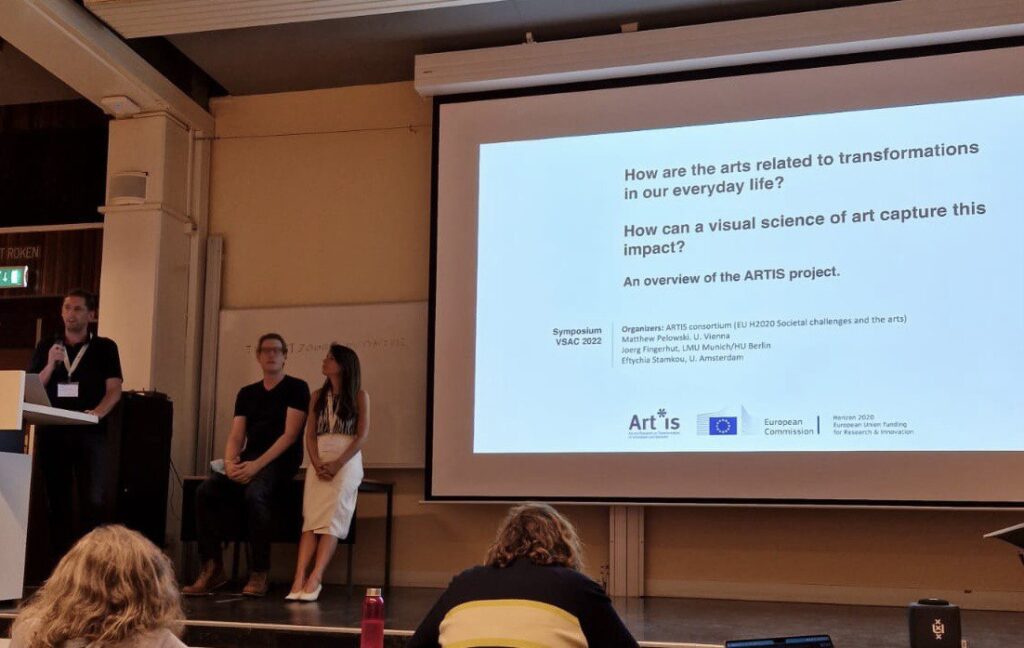
The symposium was titled “How are the arts related to transformations in our everyday life? How can a visual science of art capture this impact? An overview of the ARTIS project.” and was chaired by Eftychia Stamkou (UVA), Matthew Pelowski (UNIVIE) and Joerg Fingerhut (HUB).
The individual presentations were:
Joerg Fingerhut, Matthew Pelowski and Eftychia Stamkou.
- Art and Transformation: An embodied, enactive theory of the arts and interpretation of recent findings.
Stephanie Miller, Joerg Fingerhut and Matthew Pelowski.
- What are the shared ways we might respond to art? Network Modeling and Latent Class Analysis of both big and small “arts engagements” in gallery and across multiple facets of everyday life
Corinna Kühnapfel, Joerg Fingerhut and Matthew Pelowski.
- How do we move in front of art? Capturing, quantifying, and linking movement patterns, eye- tracking, emotion, and evaluations in an ecologically-valid gallery setting
Rohan Dunham, Gerben Van Kleef and Eftychia Stamkou.
- Artists’ Motives for Creating Art and Their Impact on Social Perceptions and Aesthetic Judgements
Mackenzie Trupp, Giacomo Bignardi, Eva Specker, Ed Vessel and Matthew Pelowski
- Who Benefits from Art Viewing and How: The role of Pleasure, Meaningfulness, and Trait Aesthetic Responsiveness in Online Computer-based Art Interventions for Well-being
Yagmur Ozbay, Suzanne Oosterwijk and Eftychia Stamkou.
- Art Engagement on Interpersonal Outcomes: Does visual art facilitate social-cognitive abilities?
Theresa Demmer (UNIVIE) gave a presentation on “Edmund de Belamy and the Art of Transmitting Emotions – Exploring Perception and Emotion Sharing in AI generated Art using fNIRS” as part of the symposium “Neuroaesthetics” on day 3.
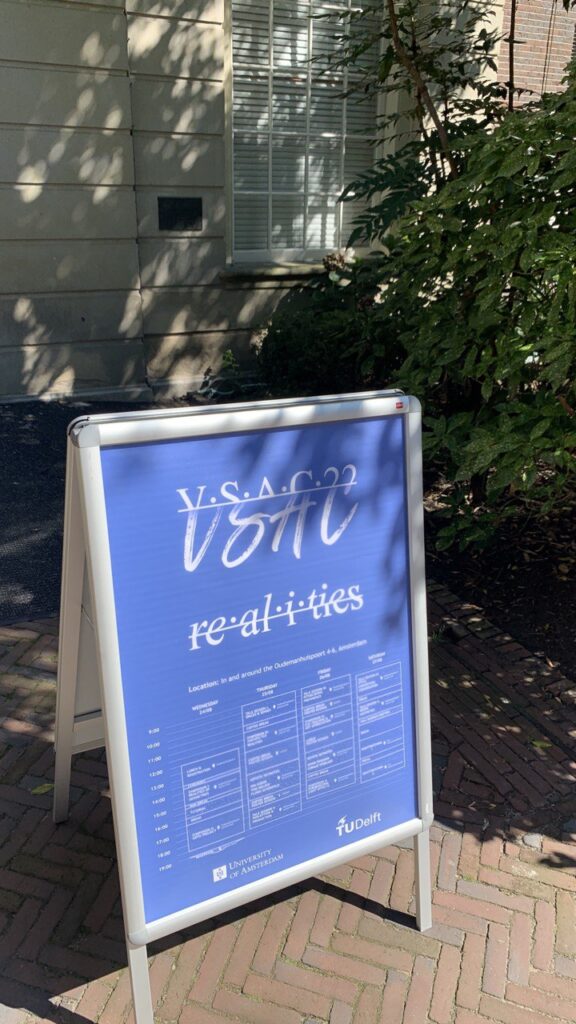
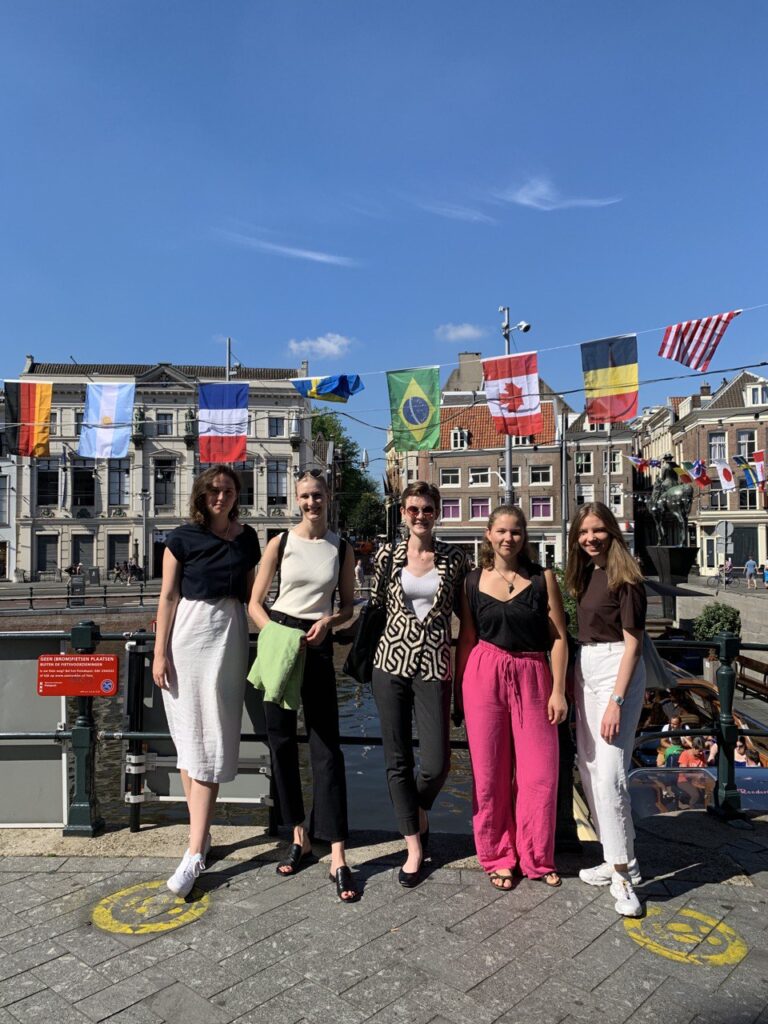
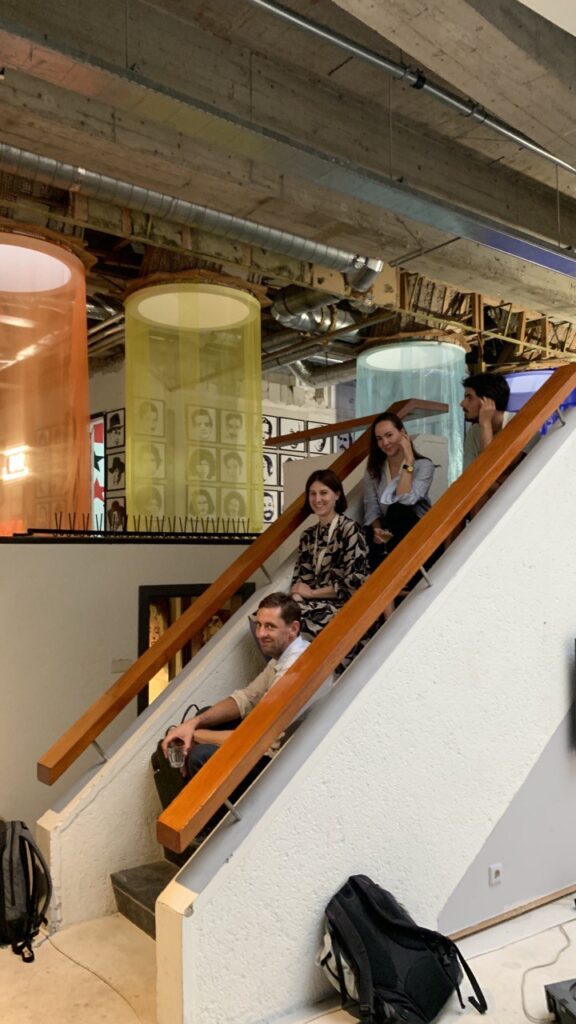
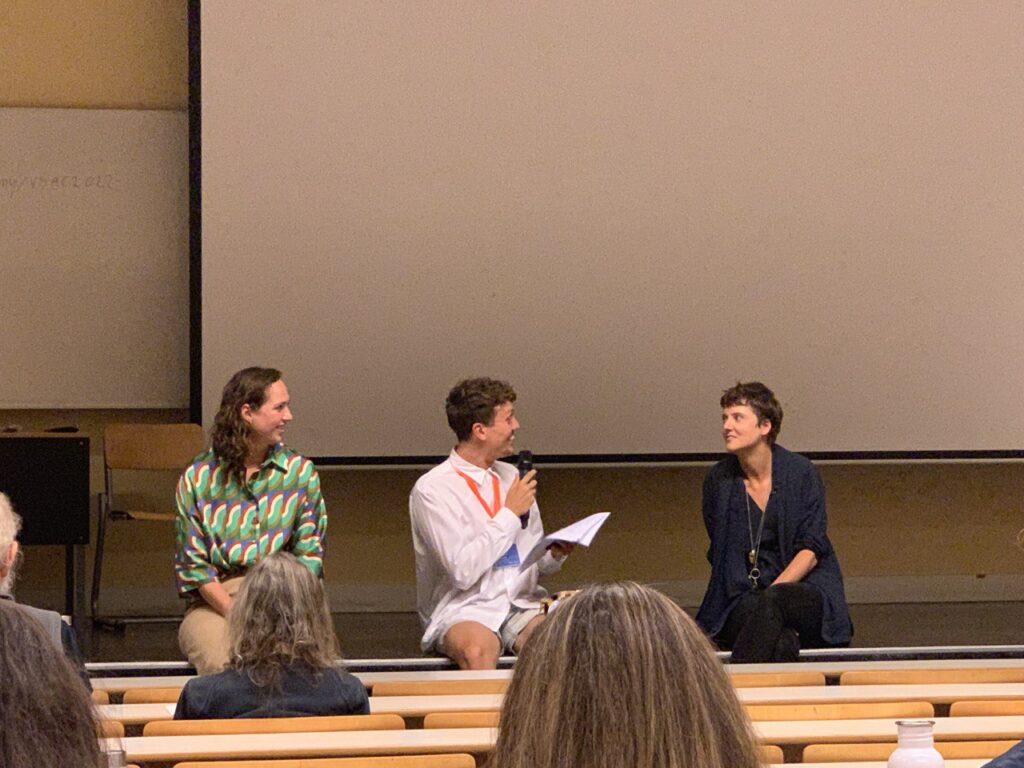
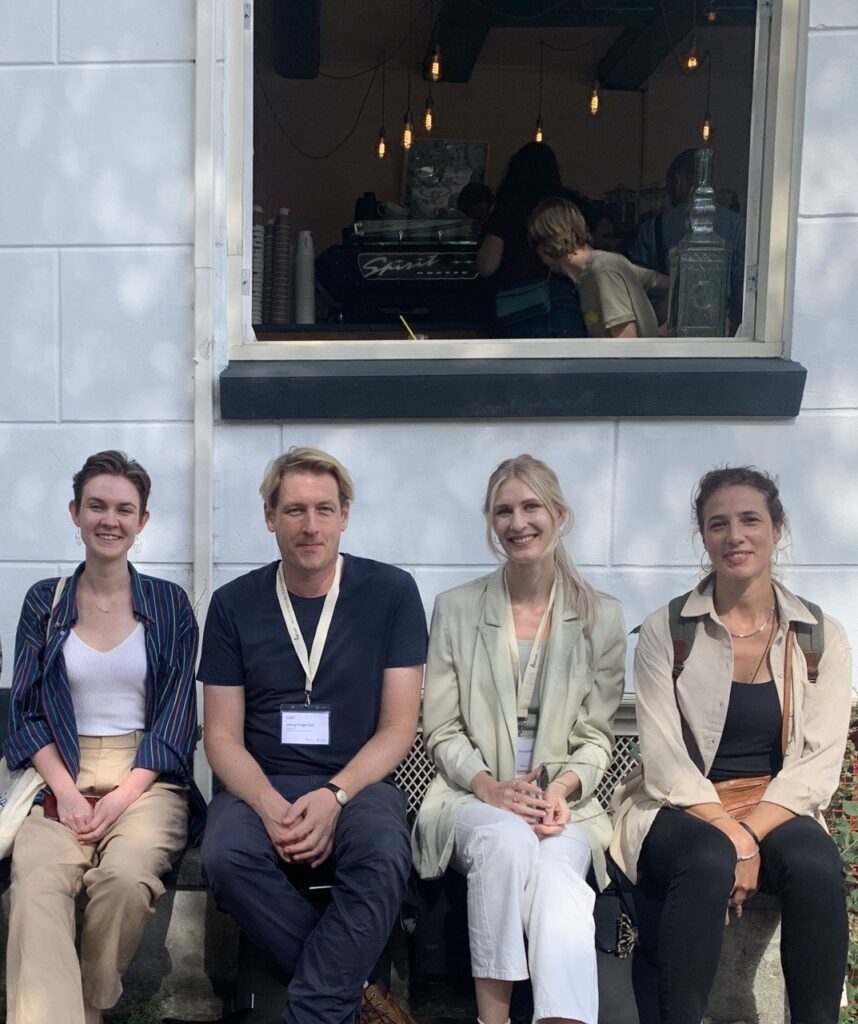
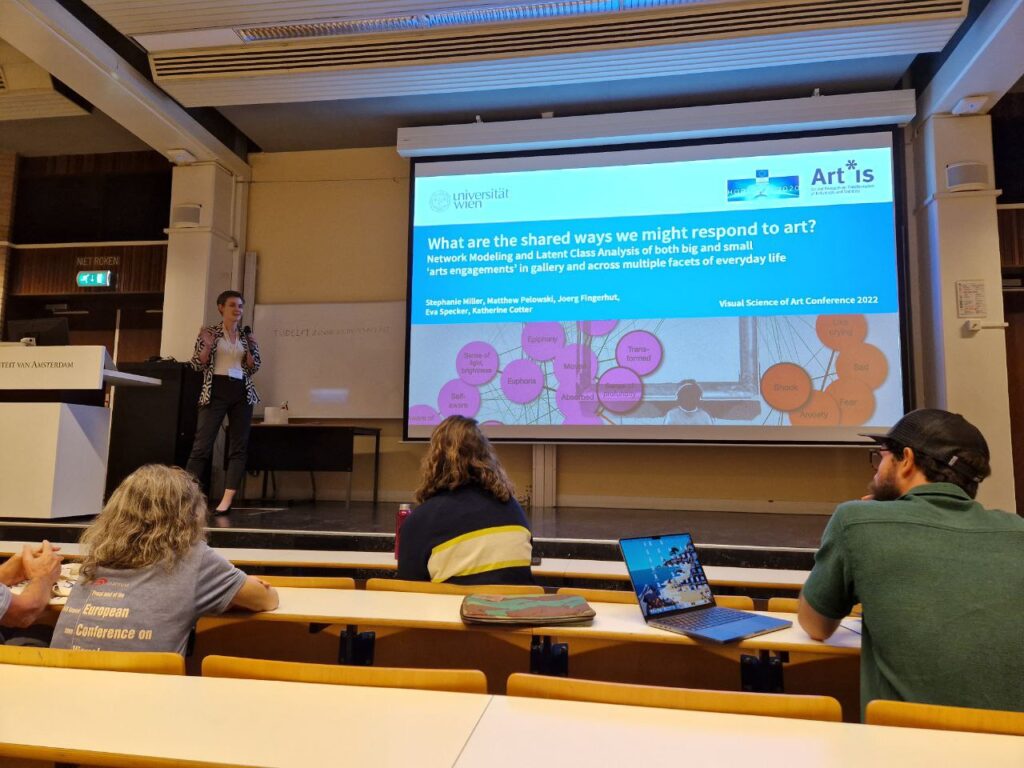
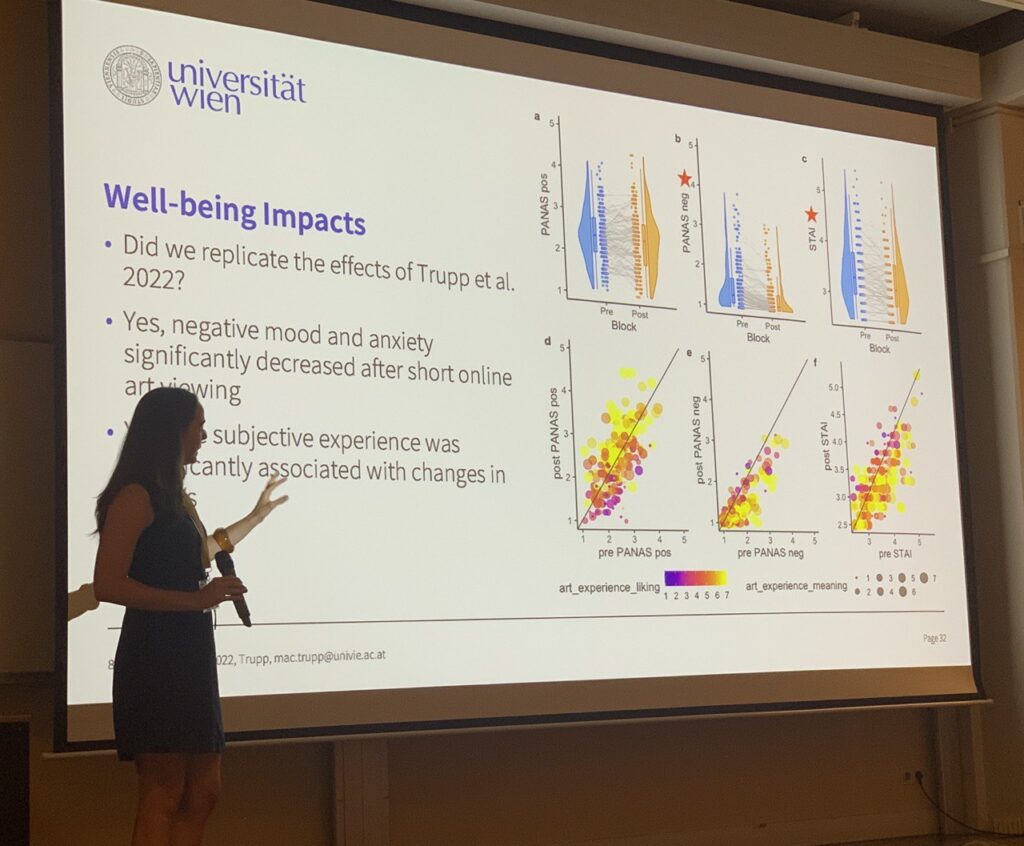
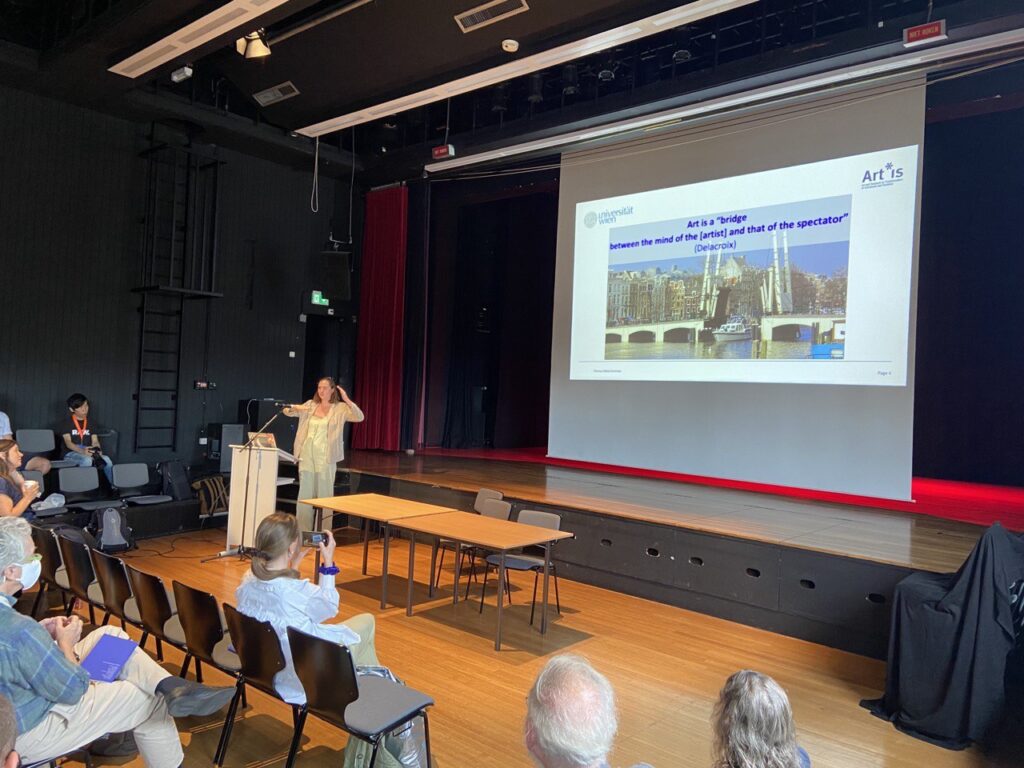
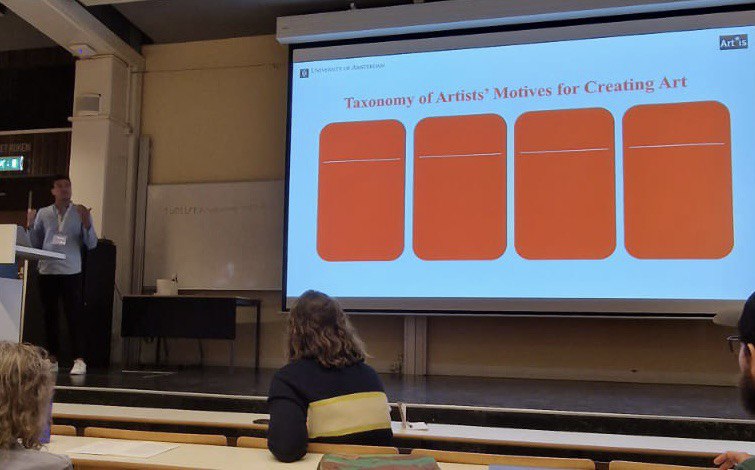
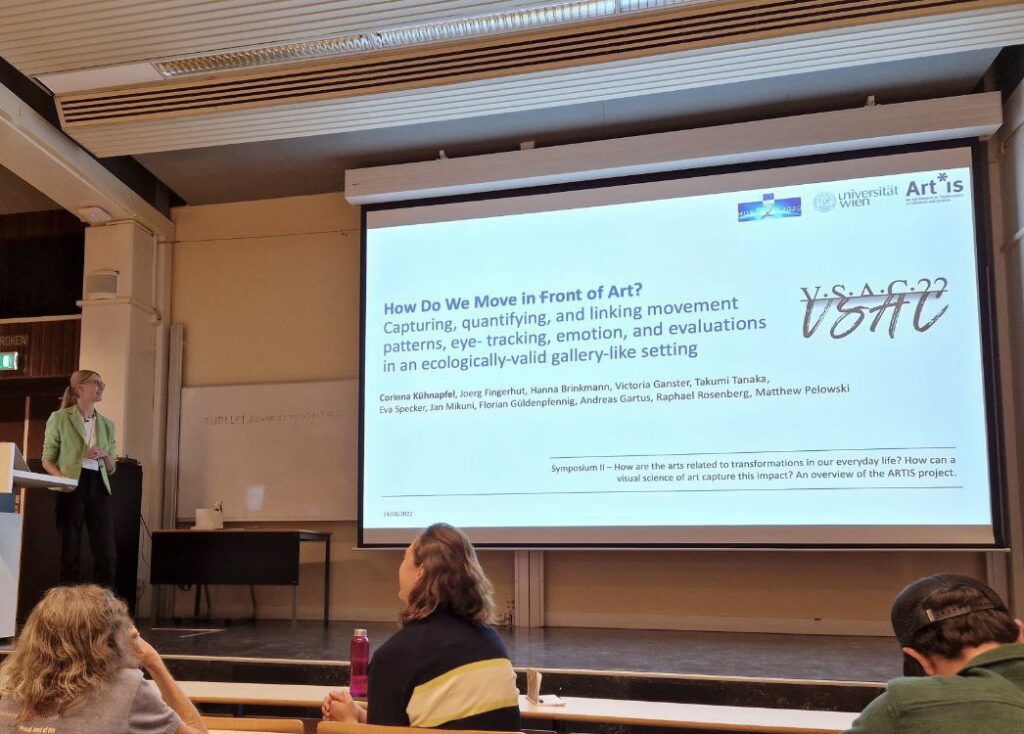
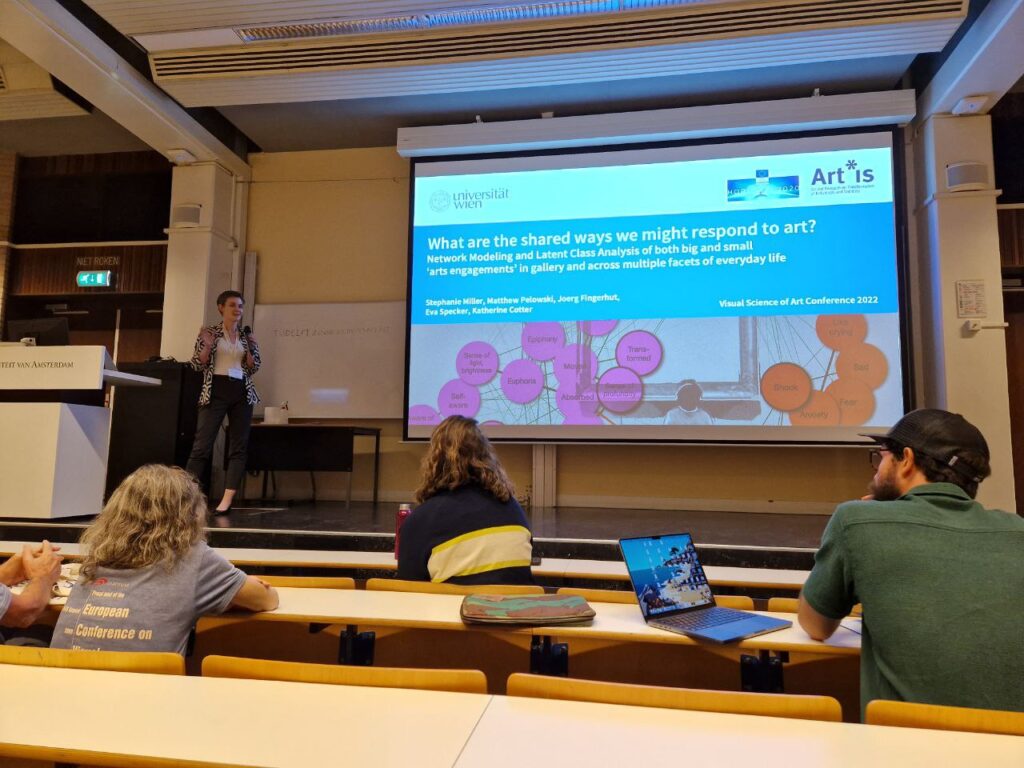
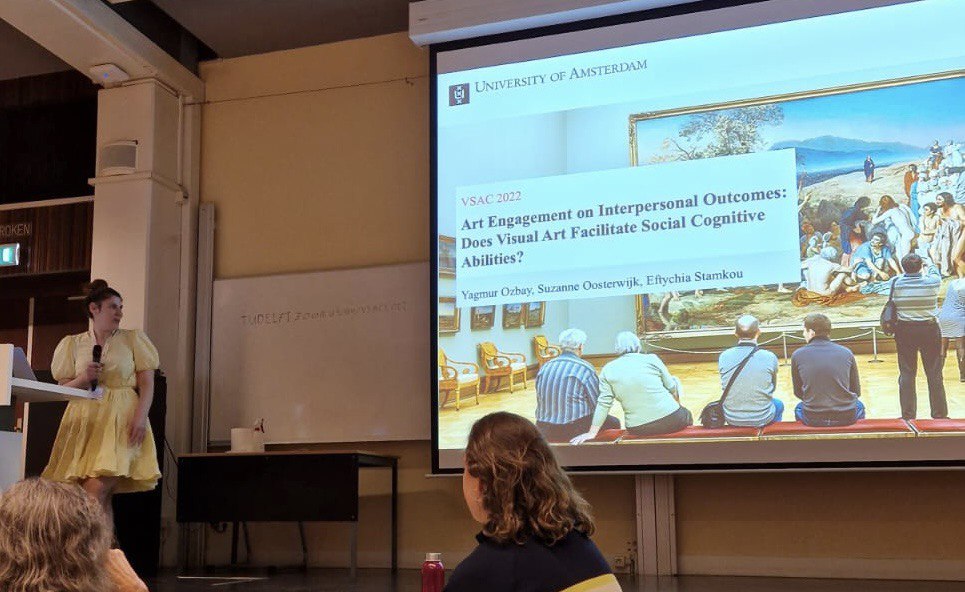
The conference was organized by Maarten Wijntjes, Arjan de Koomen, Nim Goede, Catelijne van Middelkoop, Yuguang Zhao, Jeroen Stumpel, Cehao Yu, Margit Lukacs, Mitchell van Zuijlen, David Tiemstra, Rob van Lier. For more information, please visit: https://vsac2022.tudelft.nl/
